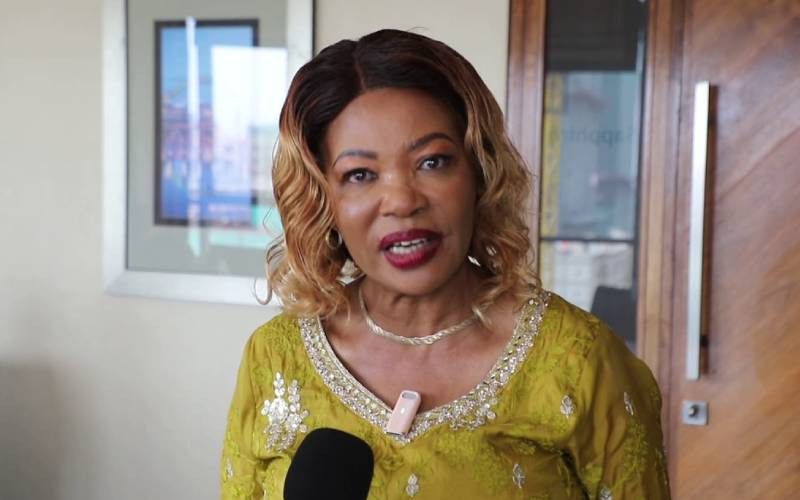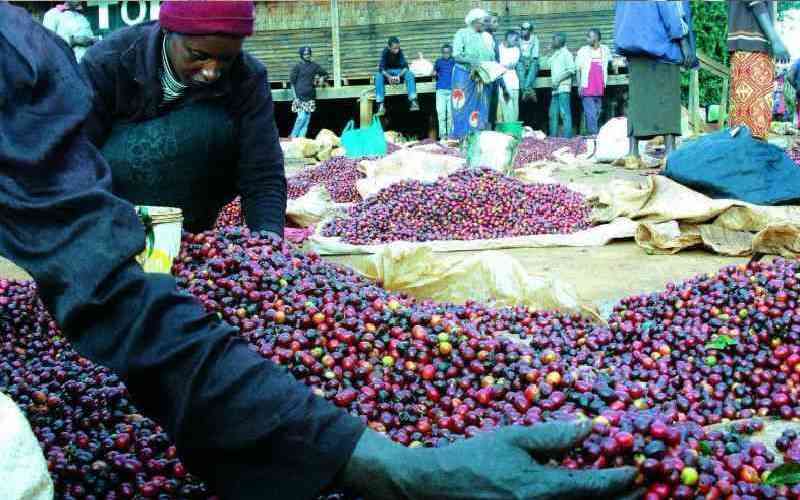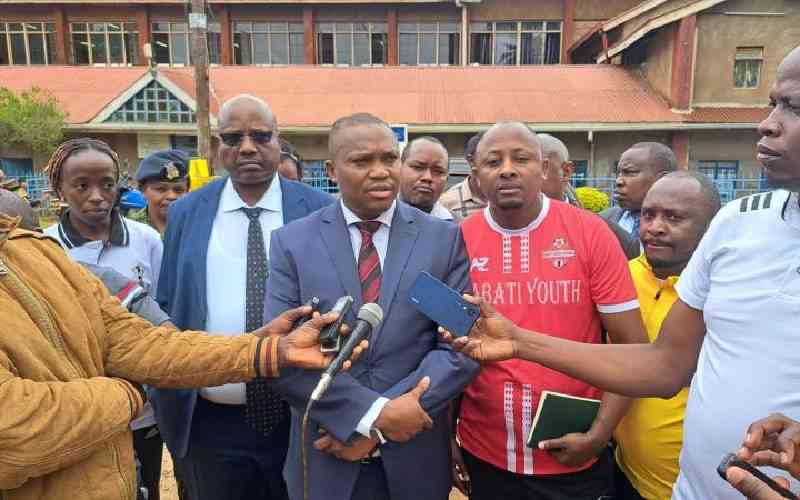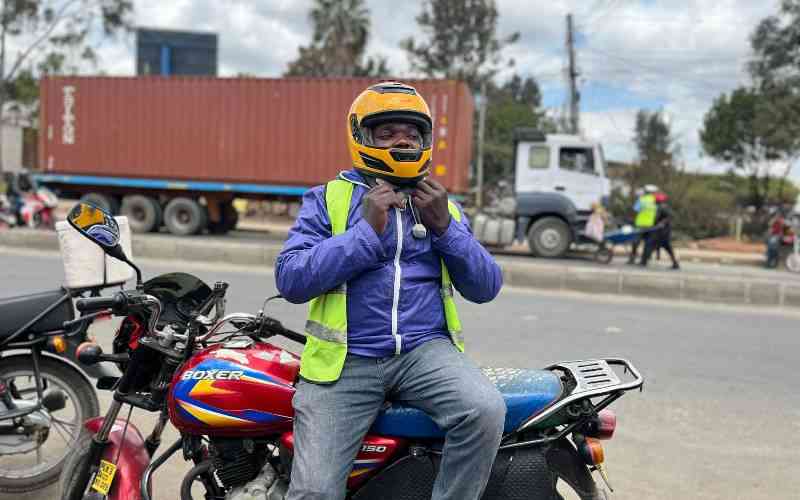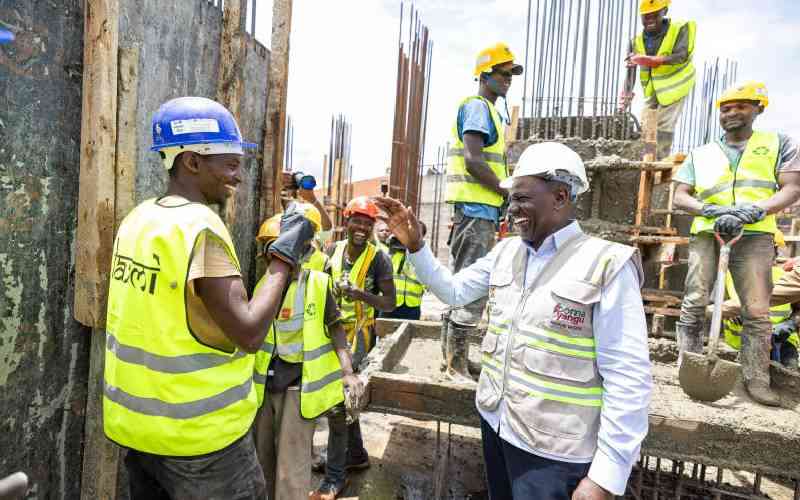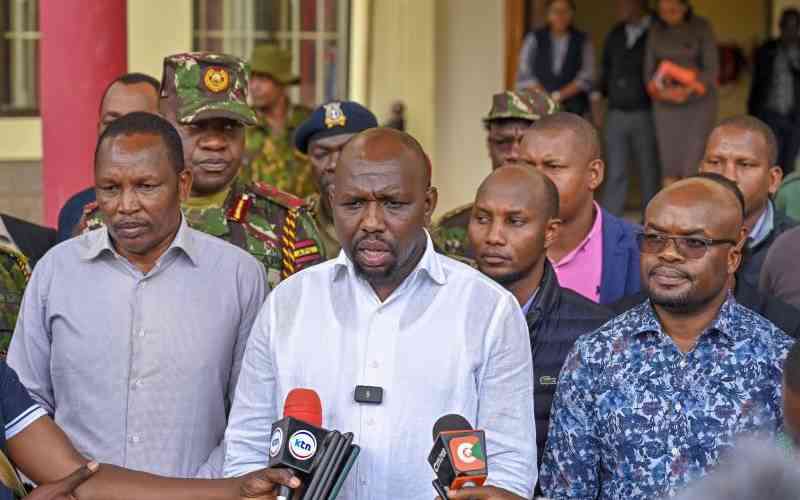
A section of Kenyans have opposed the Interior Cabinet Secretary Kipchumba Murkomen’s proposal that allows police to get money from civilians to fuel their vehicles.
During his Jukwaa la Usalama meeting in Homa Bay Town on Tuesday, Murkomen told Kenyans to bear with police officers who ask for money from them to fuel their vehicles during emergencies.
Murkomen argued that the fuel which the government gives police on a monthly basis is too little to run their activities throughout the month.
He explained that police officers are given 450 litres of fuel per month. But that fuel is not enough due to numerous activities they undertake.
“We give police 450 litres per month, but the fuel is not enough because of the many security operations they carry out. For example, police in urban areas cover numerous kilometres when they are chasing criminals. By the 18th or 20th, they find that the fuel is over,” Murkomen said.
He told Kenyans to avoid implicating police who ask for fuel during an emergency.
“I urge citizens to bear with the police when they ask for fuel. Asking for fuel does not mean they want a bribe or engage in corruption,” Murkomen said.
He said they were contemplating increasing the fuel budget for police to get 650 litres of fuel per month from the current 450 litres.
But a section of Homa Bay residents opined that Murkomen’s suggestion will open a corruption leeway in police service.
John Kisiara, a human rights defender, argued that corrupt police officers will take advantage of the suggestion to solicit bribes from citizens.
Kisiara said the government had not established specific metrics with which the public can ascertain whether police have fuel or not and how to account for the money.
“There is no clear strategy or policy on how citizens can prove that police do not have fuel in their vehicles. This suggestion will open avenues for corrupt police officers to extort citizens,” Kisiara said.
The Speaker of Homa Bay County Bunge la Wenye Nchi, Walter Opiyo, said Murkomen’s proposal predisposes Kenyans to double taxation.
Opiyo argued that the money used for paying police officers and purchasing the fuel, which is inadequate, comes from the public.
“Allowing police to ask for money for fuel from the public means Kenyans are taxed twice to fund activities of police. This will burden Kenyans with taxation,” Opiyo said.
Stay informed. Subscribe to our newsletter
Tom Mboya, a resident, expressed concerns that the poor Kenyans who cannot afford to fuel police vehicles will not get justice if the proposal is put into practice.
Mboya argued that police will have the courage to decline to attend to Kenyans who cannot afford fuel whenever they need justice in their villages.
“There are millions of Kenyans who cannot afford to provide fuel for police vehicles when they are in problems. Who will provide them with justice when they fail to fuel police vehicles?” Mboya asked.
They appealed to Murkomen to rescind the proposal.
“We are appealing to him to reverse the proposal. It is going to jeopardise security services in this country,” Mboya said.

